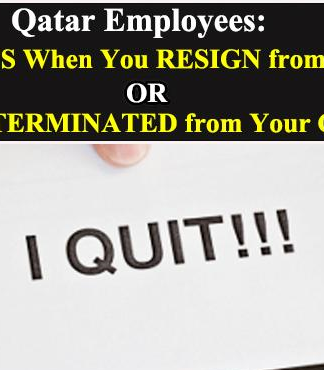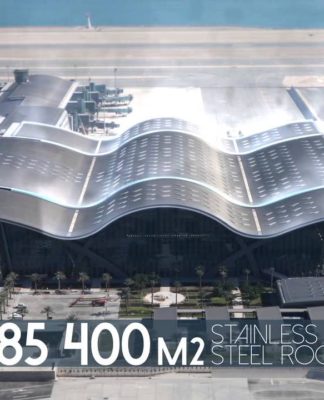New petrol and diesel cars face gradual phasing out under production guidelines
Just a week after the 2030 U-turn, officials publish the timetable manufacturers are expected to meet to complete the transition towards zero-emission vehicles.
Paul Kelso
Business correspondent @pkelso
Thursday 28 September 2023 16:48, UK
Listen to this article
0:00 / 3:48
1X
BeyondWords
Audio created using AI assistance
Undated file photo of an electric car being charged. PA
Why you can trust Sky News
Up to 20% of new cars on Britain’s roads could still be petrol and diesel models in 2030, after the government published guidelines for phasing out new internal combustion engine cars and vans by its new extended deadline of 2035.
Under the terms of the so-called zero-emissions mandate published by the Department for Transport, 22% of new cars will have to be zero-emission from January next year.
This figure will rise gradually to 52% in 2028, 80% in 2030 when the original total ban was due to apply, and 100% by 2035.
Prime Minister Rishi Sunak announced a five-year delay to the ban on new petrol and diesel cars and vans earlier this month, calling it a “pragmatic” approach to achieving the UK’s net zero goals.
Prime Minister Rishi Sunak delivers a speech on the plans for net-zero commitments in the briefing room at 10 Downing Street, London. Picture date: Wednesday September 20, 2023.3:05
Play Video – Net Zero: Sunak lowers ambitions
Net Zero: Sunak lowers ambitions
The mandate has been anticipated by industry for two years, with some manufacturers privately frustrated that it has only been published three months before it applies.
The target of 22% for next year is the same as originally planned however and industry is confident it can be achieved, with 20% of new cars sold last year classified as zero emission.
Despite the relaxation of the deadline, many manufacturers remain committed to producing only fully electric vehicles from 2030 or earlier, with Nissan the latest to confirm that deadline.
The timetable for introducing electric vans has been watered down, however, with fines for missing the 10% target reduced next year.
Thoughts on Rishi Sunak's potential delay in the ban on the sale of new petrol and diesel cars1:05
Play Video – Motorists on petrol vehicle ban delay
Motorists on petrol vehicle ban delay
If companies exceed the mandate levels they can bank, trade or sell their allowance, while those that miss the targets can buy allowances to offset fines.
Even after 2035 there will be no outright ban on owning a petrol or diesel car and there are likely to be millions still on the road for years afterwards.
Read more:
Carmakers’ anger over 2030 U-turn is not just hot air
How will PM’s delay to car and boiler changes affect me?
The car industry still faces uncertainty over EU rules due to apply from next year governing how much of a vehicle has to be produced in Europe or the UK to avoid 10% tariffs.
The “rules of origin” require 45% of a vehicle’s total value must be derived from home-produced components from 1 January, a target that is harder to achieve for electric vehicles because the battery comprises so much of the value.
Most manufacturers in the UK and EU rely on batteries produced in Asia, putting the entire European industry under pressure. The UK is pushing for a relaxation of the rules, with backing from Germany.
Mike Hawes, chief executive of industry group the Society of Motor Manufacturers and Traders, said: “The automotive industry is investing billions in decarbonisation and recognises the importance of the zero-emission vehicle mandate as the single most important measure to deliver net zero.
“We welcome the clarity the mandate’s publication provides for the next 6 years and the flexibilities it contains to support pragmatic, equitable delivery across this diverse sector.”
Ford, which was highly critical of the delay to 2035, saying it undermined confidence in British industry, welcomed the mandate, which it said it had helped inform.
“Alongside the SMMT, Ford has provided input to the Department for Transport to help shape the mandate in the early years and it is very welcome to see some of those ideas reflected.
Transport Secretary Mark Harper said: “The path to zero-emission vehicles announced today makes sure the route to get there is proportionate, pragmatic and realistic for families.”






























